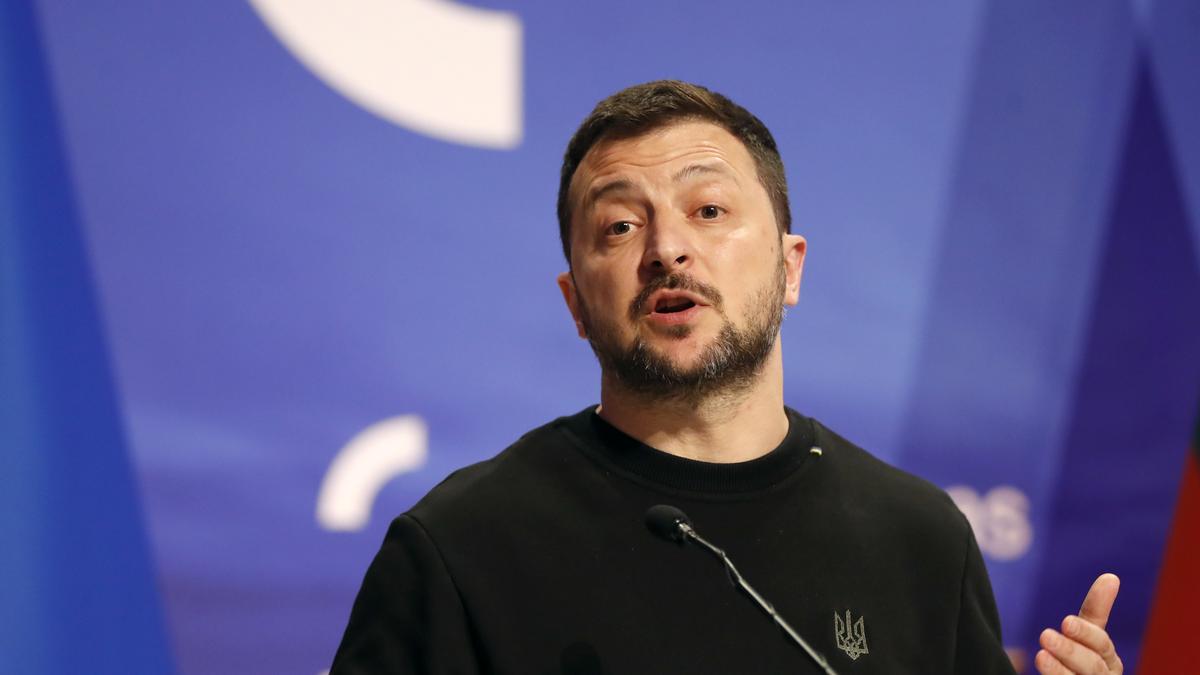How to catch a war criminal: Investigators are building a case against Putin in Ukraine's killing fields
ABCIt is a sleepy rural scene: a pale grey sky hangs low over a grassy slope, bordered by the bare branches of winter trees. In early March, barely a week after Russia’s military entered Ukrainian territory, 39 member countries of the 123-strong International Criminal Court supported chief prosecutor Karim Khan’s call to investigate potential war crimes in Ukraine. “My first thought was that I can’t believe this is happening again,” says Smith, who has spent 25 years prosecuting the perpetrators of some of recent history’s most notorious war crimes. It is “depressing” watching another war unfold with emerging evidence of war crimes mounting, says Smith, who has also undertaken a stint researching war crimes in East Timor. “You’ve got to figure out when they were killed, how they were killed and what Russian units can be linked to that killing, what individuals and what part of that unit was involved and what their intent was.” The International Criminal Court in The Hague was set up to punish the gravest international crimes, including war crimes and genocide.
History of this topic
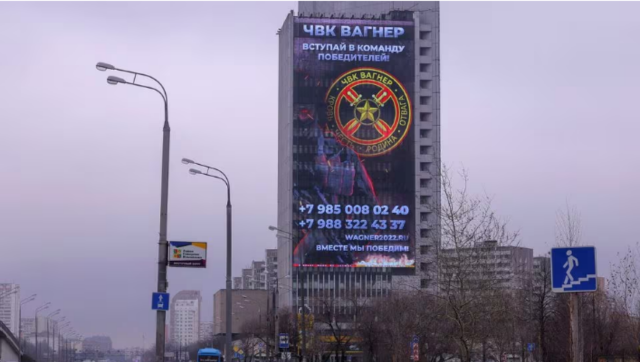)
Russia Ukraine War: Ex-Russian soldiers to testify against Russia on war crimes
Firstpost'Drunk, violent' militia 'shot children', according to report detailing more horrors of Russian occupation in Ukraine
ABC
'Crimes against humanity': Ukraine on beheading video of prisoner in Russia
India TodayHow are war crimes in Ukraine being investigated?
ABC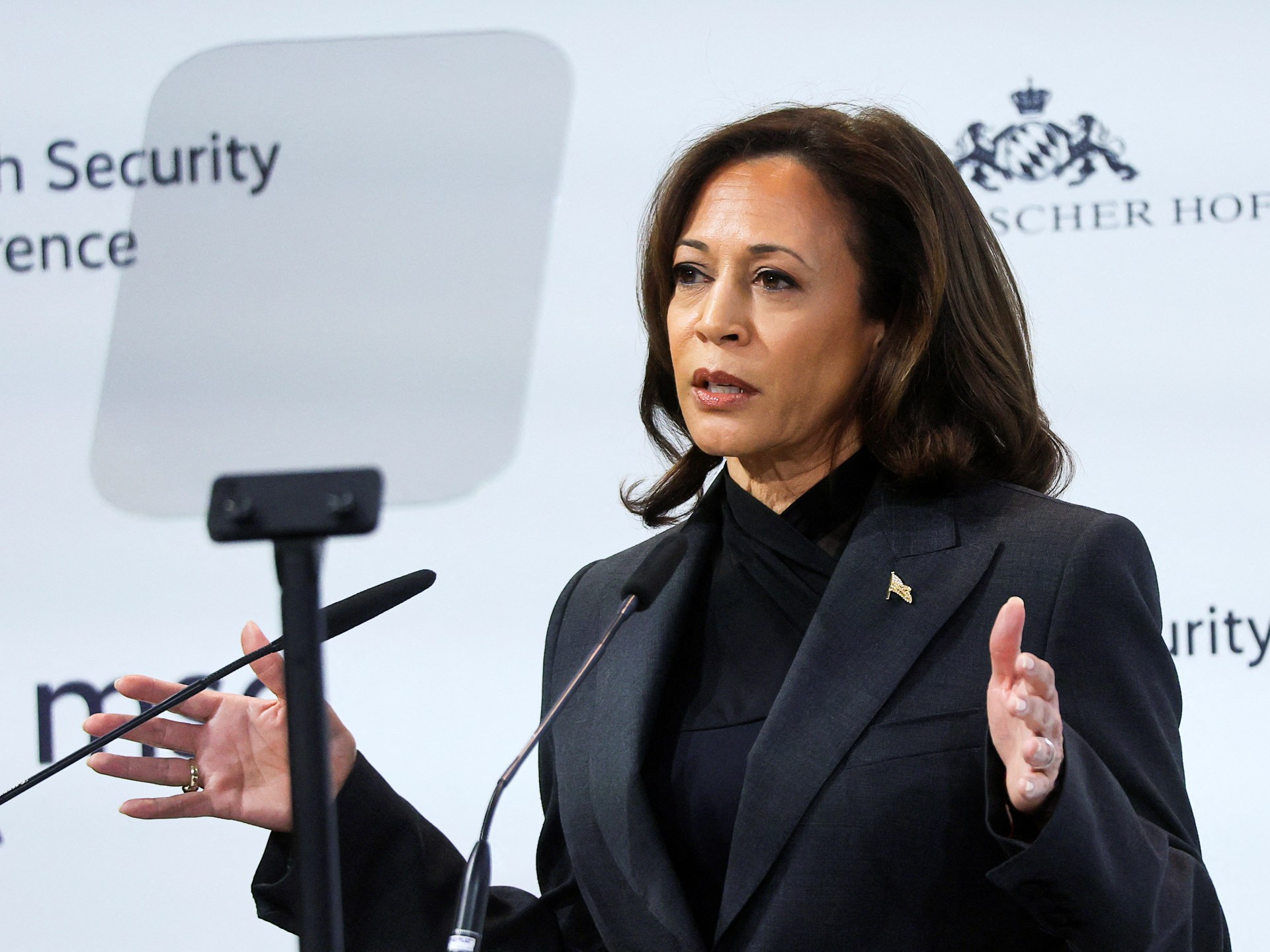
US says Russia committed ‘crimes against humanity’ in Ukraine
Al Jazeera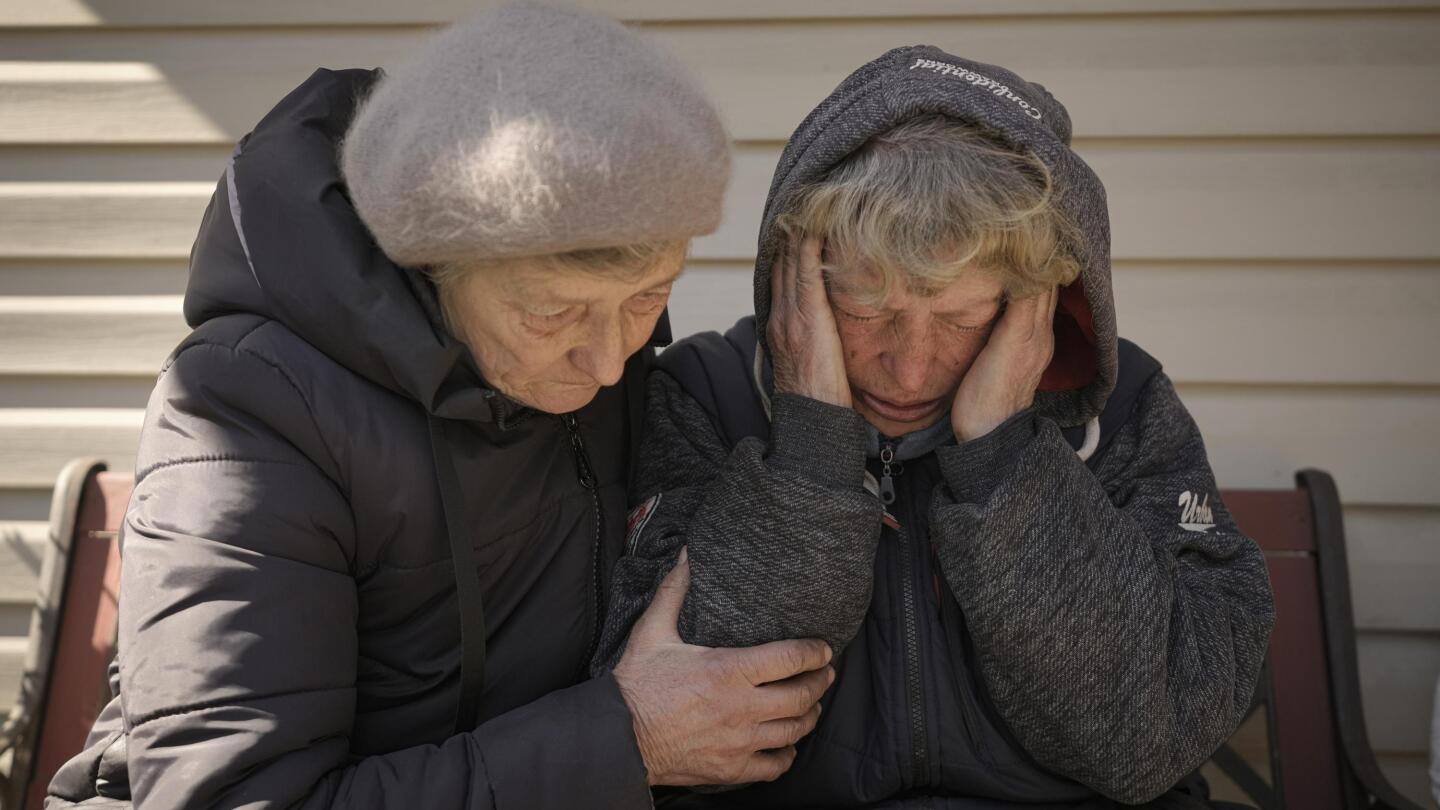
Evidence of Russian crimes mounts as war in Ukraine drags on
Associated Press
Evidence of Russian crimes mounts as war in Ukraine drags on
LA Times
Ukraine must investigate alleged war crimes by its forces
Al Jazeera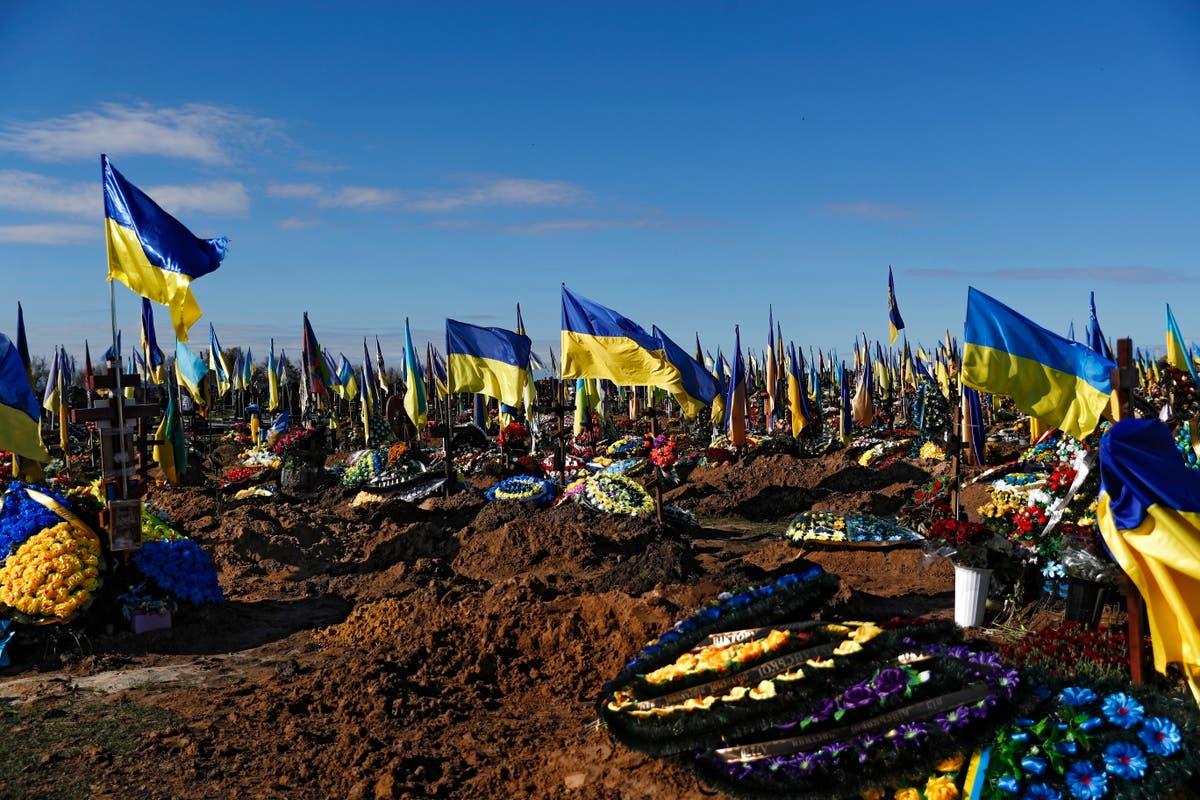
President Zelensky says scenes in liberated Kharkiv similar to Bucha and Irpin
The Independent
Justice for war crimes in Ukraine must not be delayed
Al Jazeera
Russia has committed war crimes in Ukraine, including executions and sexual violence, says UN
The Independent
Executions, Rape, Torture: Russia Committed War Crimes in Ukraine, Confirms UN Probe
News 18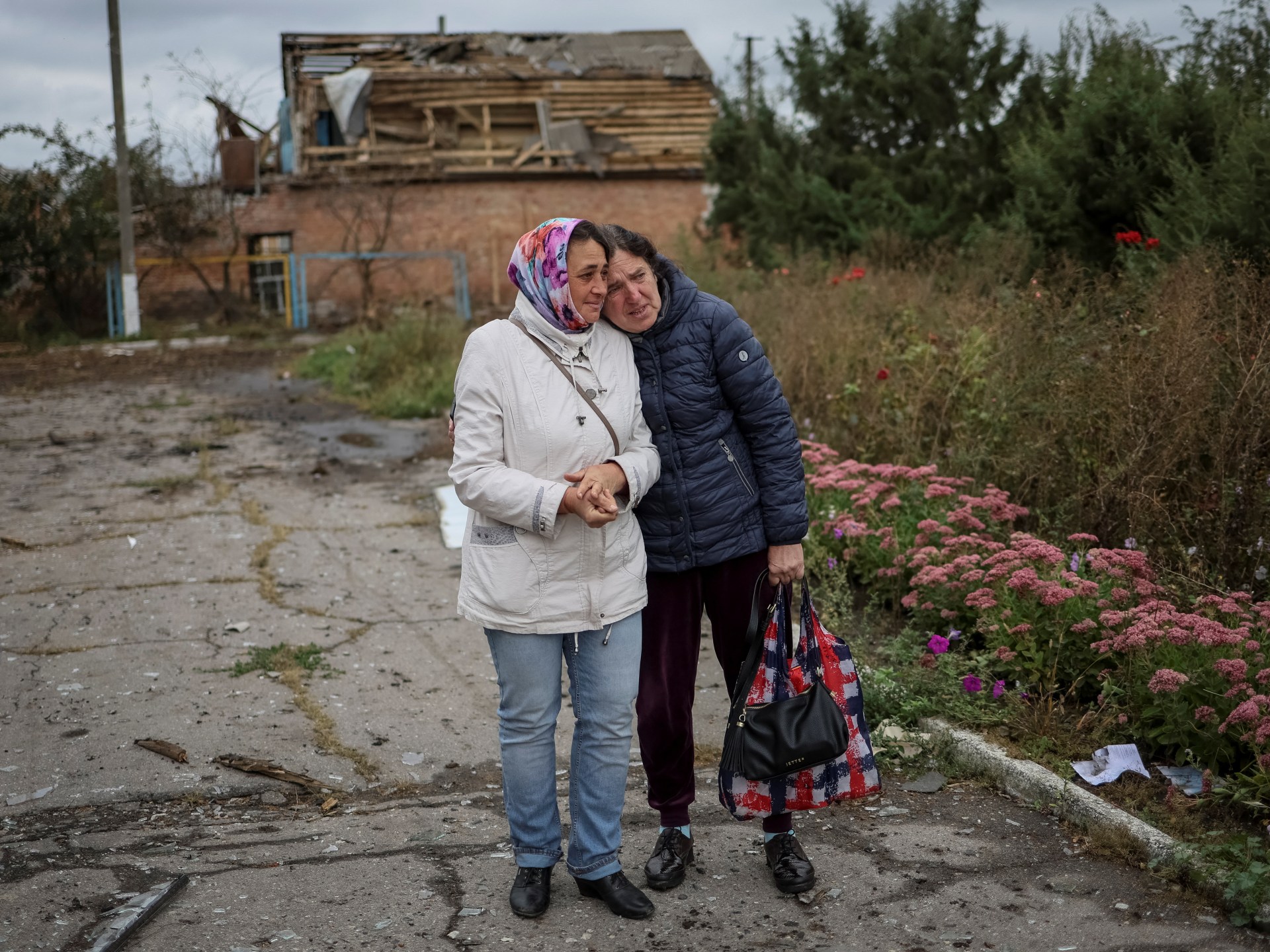
UN experts conclude war crimes committed in Ukraine conflict
Al Jazeera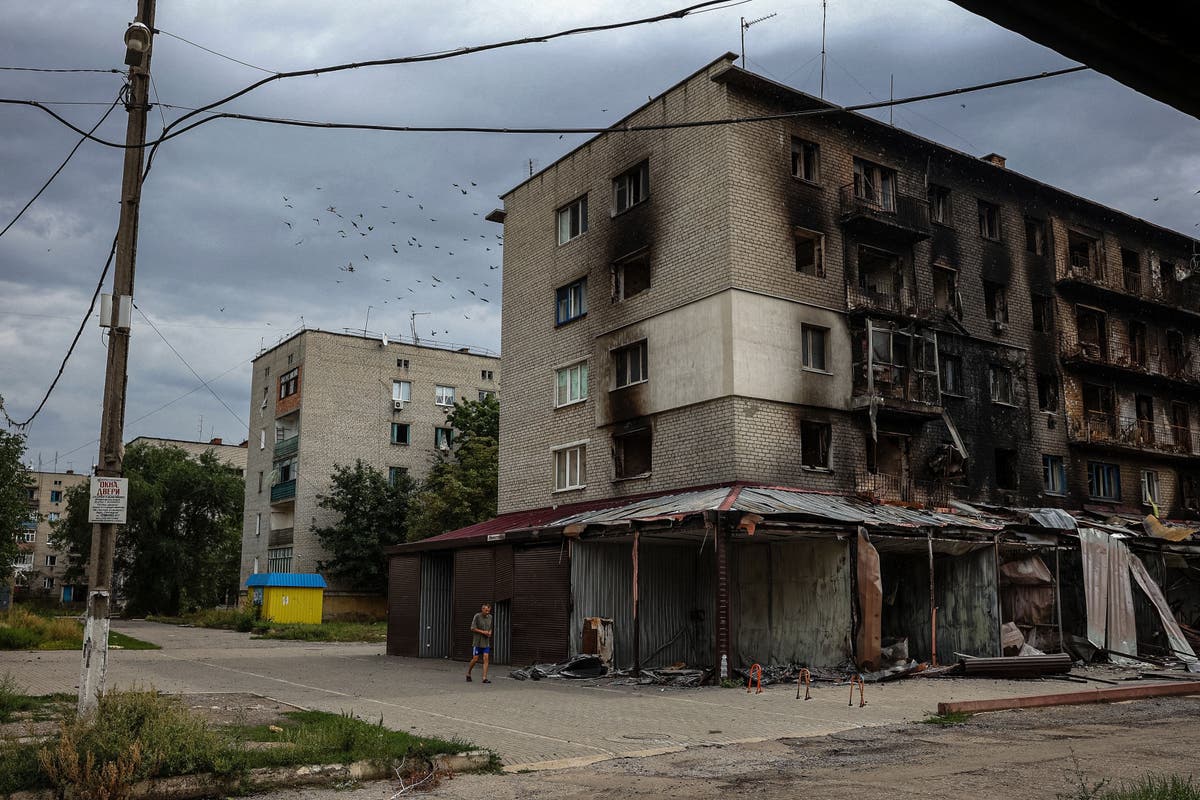
Holding Russian soldiers to account for war crimes is an important deterrent
The Independent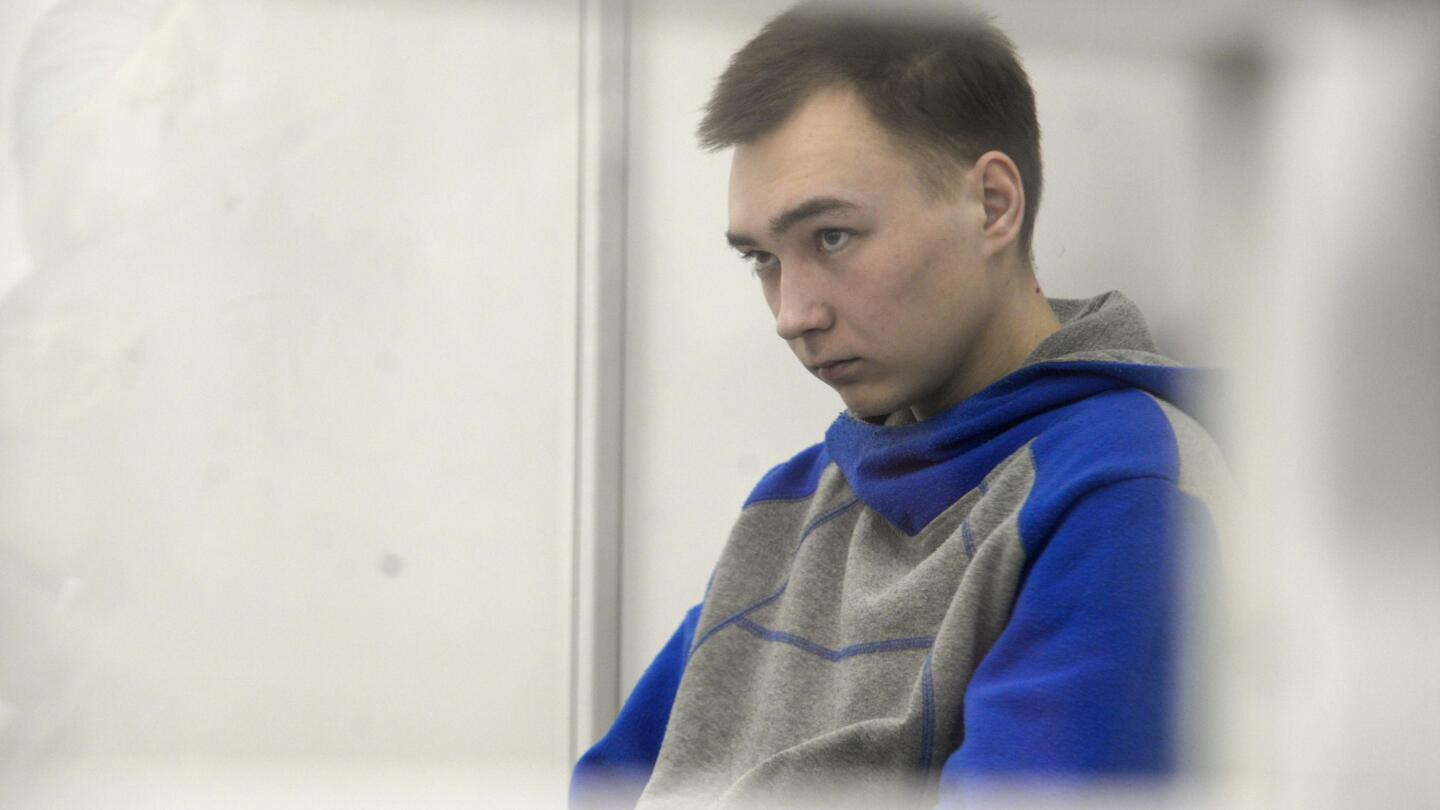
Ukraine pushes to try alleged war crimes as fighting rages
Associated Press
Will Russia be prosecuted for war crimes committed in Ukraine?
Al Jazeera
Nations discuss coordinating Ukraine war crimes probes
Associated Press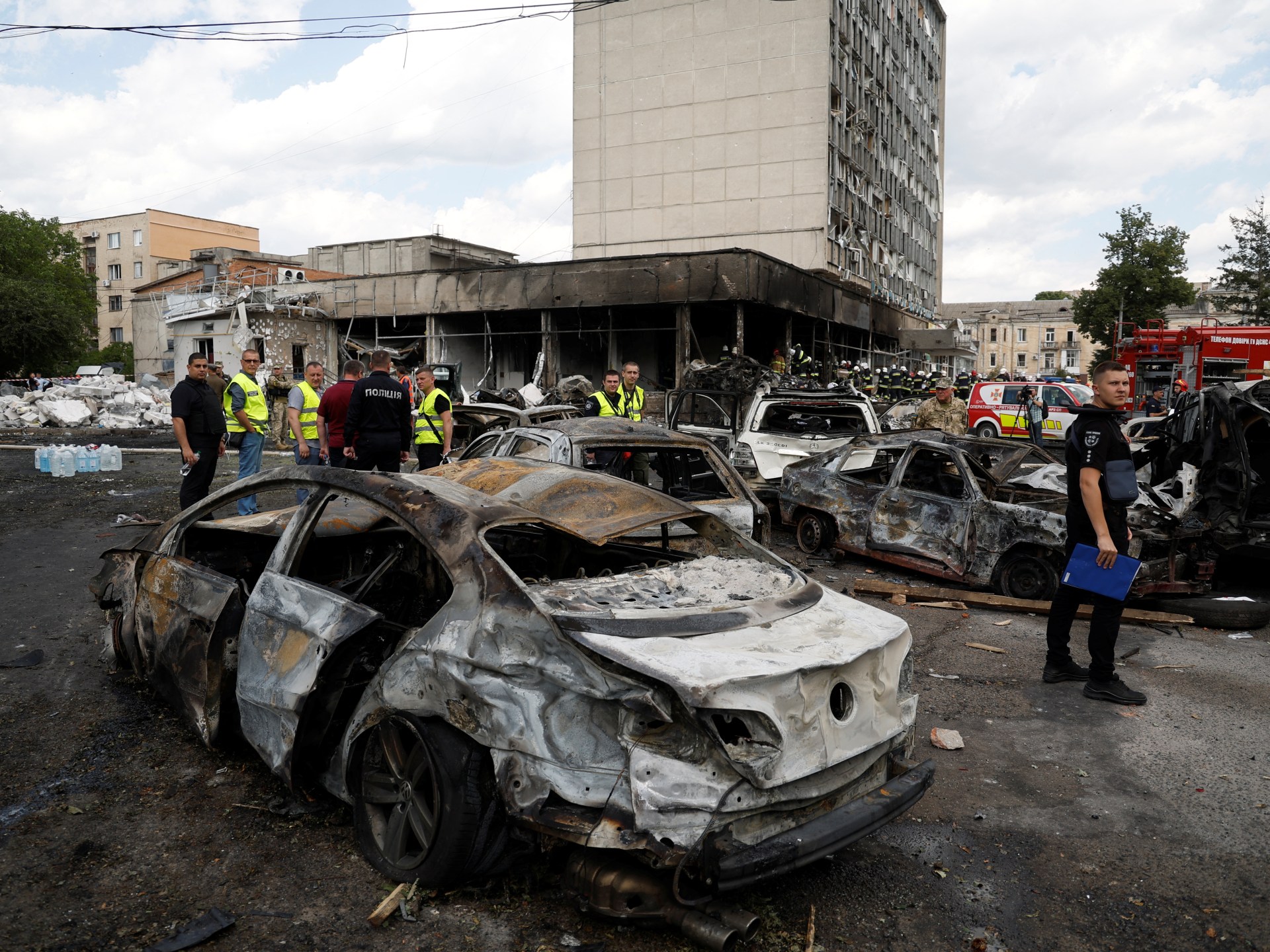
Ukraine accuses Russia of terrorism as Vinnytsia attack kills 23
Al Jazeera
Ukraine war crimes investigation receives support of 45 nations
Al Jazeera
Ukraine Mourns Shopping Mall Attack Victims, War Crimes Team on the Scene
News 18
Inside Ukraine’s war crimes investigations
Al Jazeera
Russia-Ukraine war: What happened today (June 21)
NPR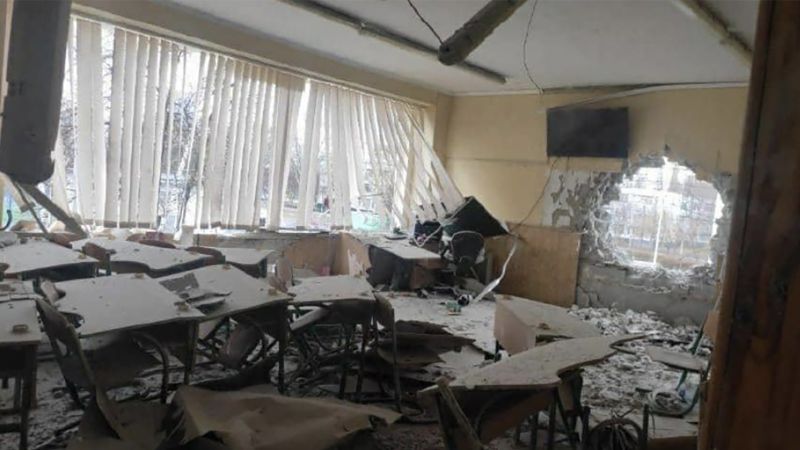
Exclusive: A crypto-based dossier could help prove Russia committed war crimes
CNNUkraine's Book of Executioners will collect evidence of alleged Russian war crimes
ABC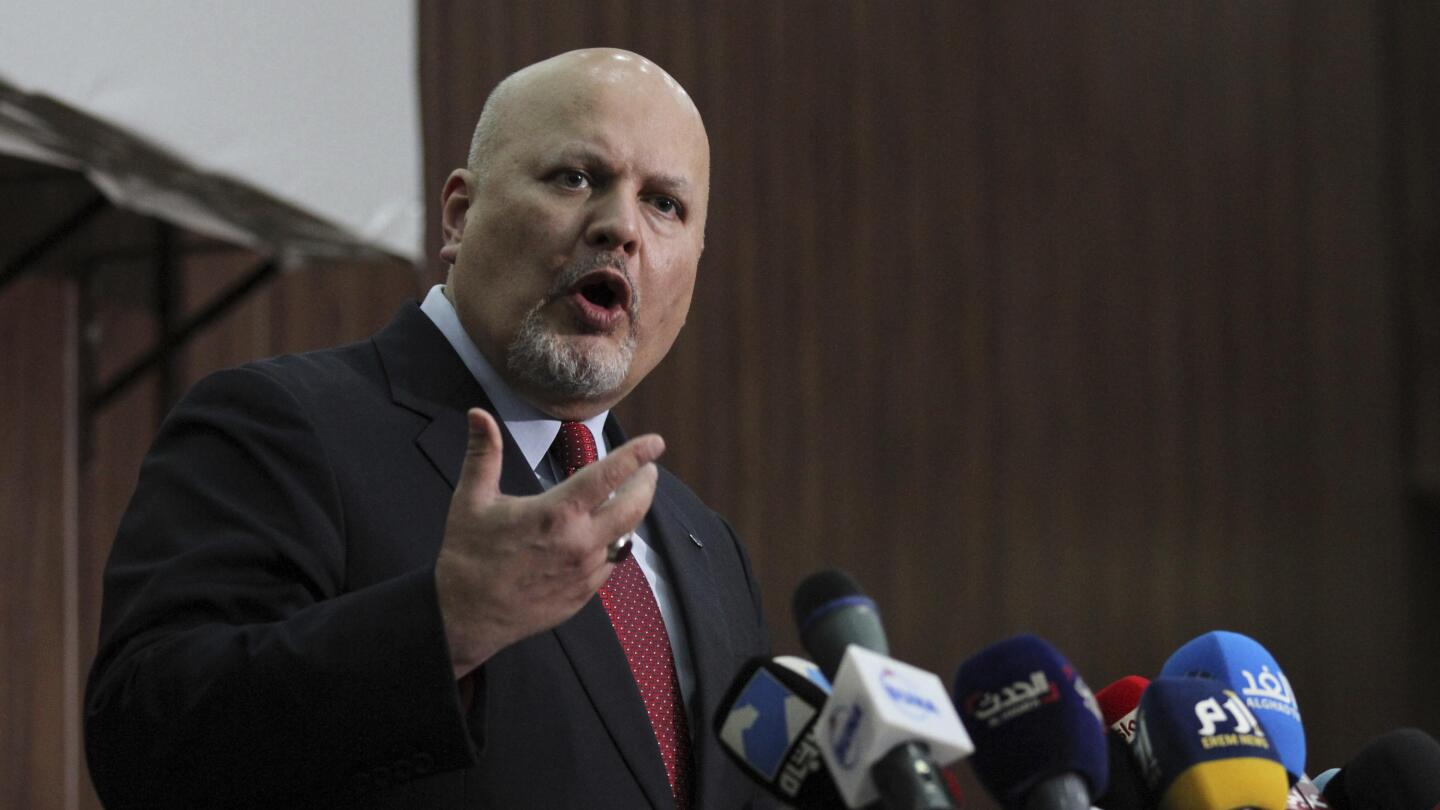
3 nations join international team probing Ukraine war crimes
Associated Press
Ukraine identifies 600 Russian war crime suspects: Prosecutor
Al Jazeera
HRW documents ‘apparent war crimes’ by Russian forces in Ukraine
Al Jazeera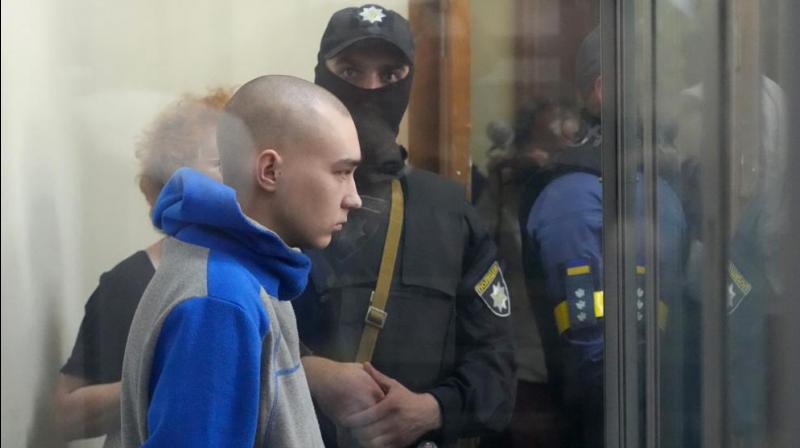
Ukraine opens first war crimes trial of captured Russian
Deccan Chronicle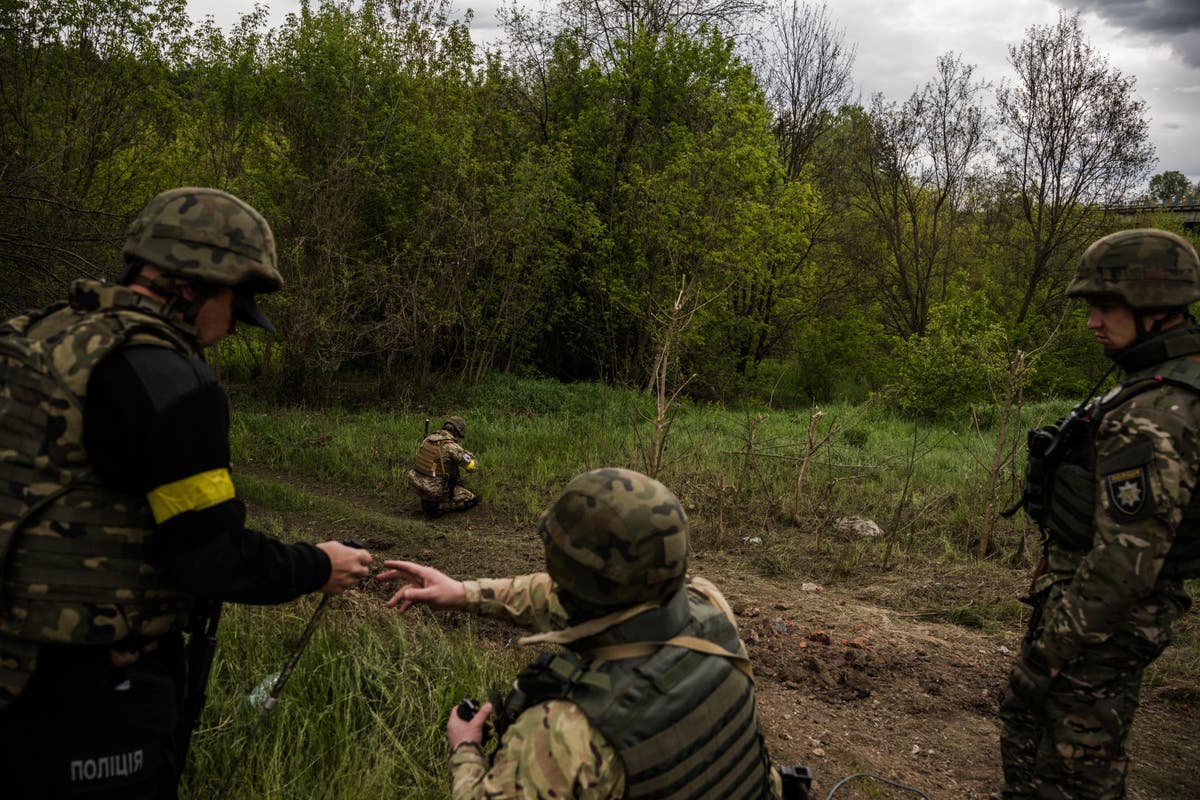
‘Look for wires at your feet’: In Ukraine, investigators seek evidence of war crimes
The Independent
Russian soldier on trial in first Ukraine war-crimes case
Associated PressUkraine to hold first war crimes trial over Russian invasion
The Hindu
Ukraine to hold first war crimes trial of Russian soldier
Al Jazeera
‘Not isolated incidents’: Amnesty accuses Russia of war crimes
Al Jazeera
The complex effort to hold Vladimir Putin accountable for war crimes
NPR
War Crimes Watch: The woman who would make Putin pay
Associated Press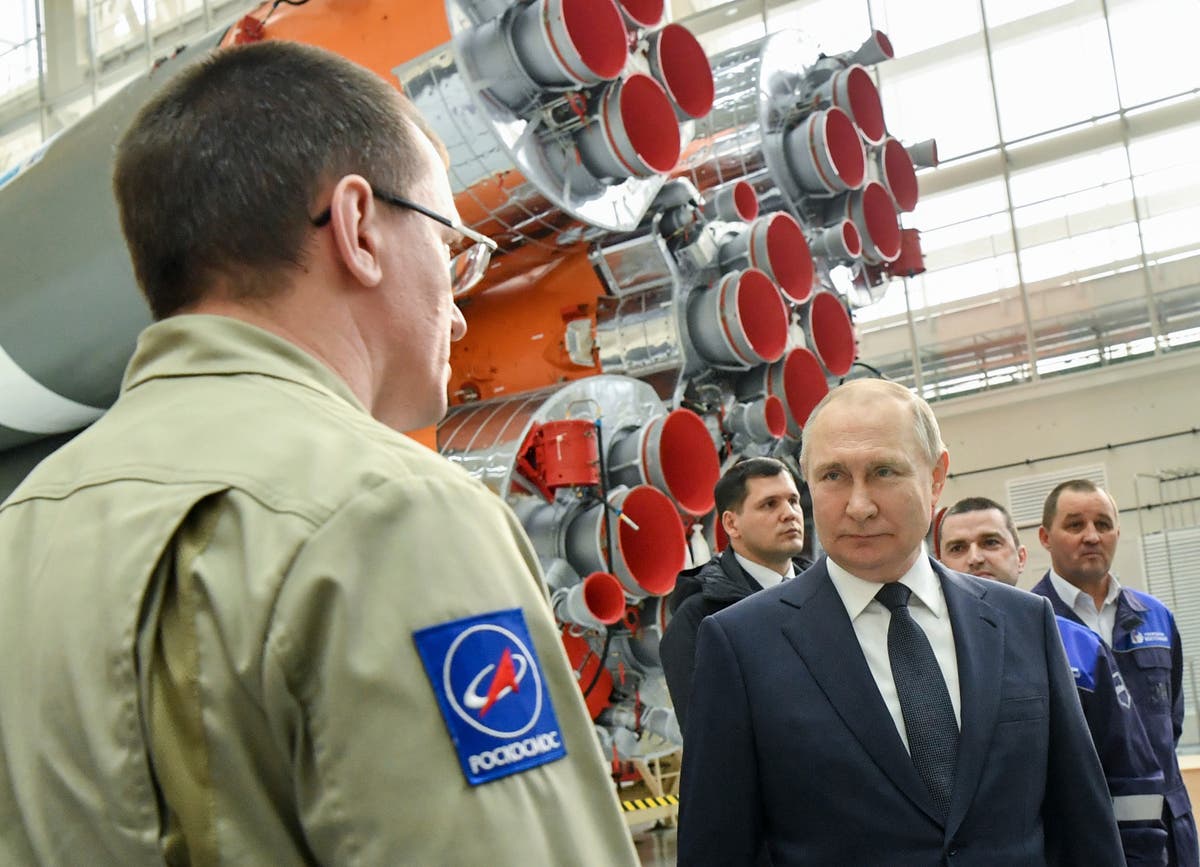
How we plan to indict President Putin at the International Criminal Court
The Independent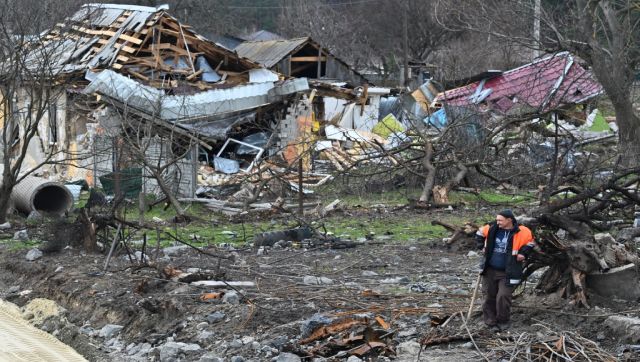)
Explained: The difference between a war crime, genocide and crime against humanity
Firstpost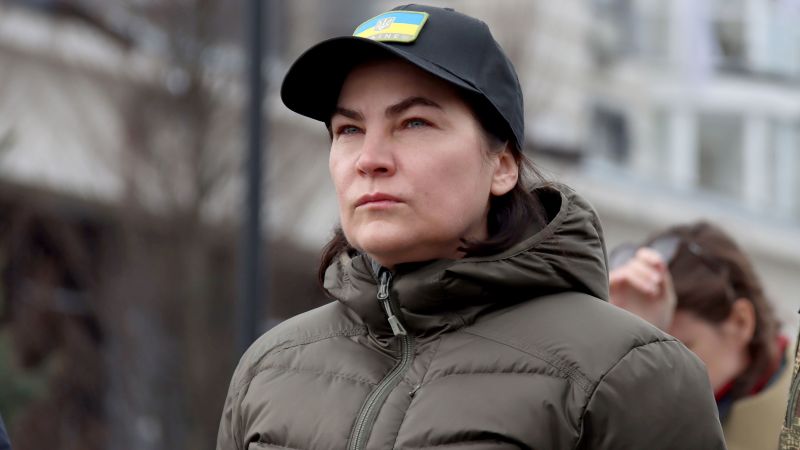
Ukraine’s prosecutor general investigating 5,800 cases of Russian war crimes
CNN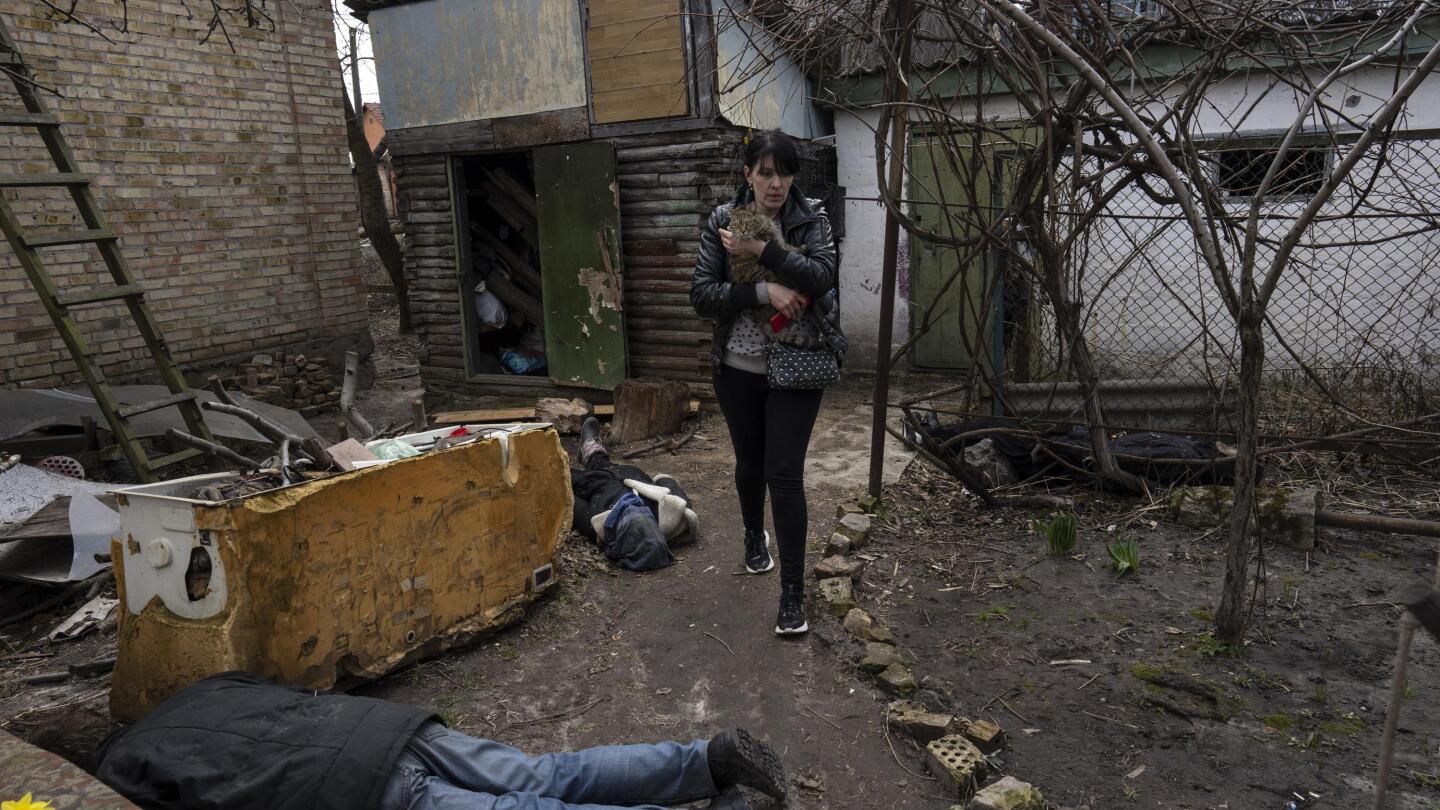
War Crimes Watch: A devastating walk through Bucha’s horror
Associated Press
War Crimes Watch: A devastating walk through Bucha’s horror
Associated Press
April 7, 2022 Russia-Ukraine news
CNN
Editorial: Putin and Russia must answer for atrocities in Ukraine
LA Times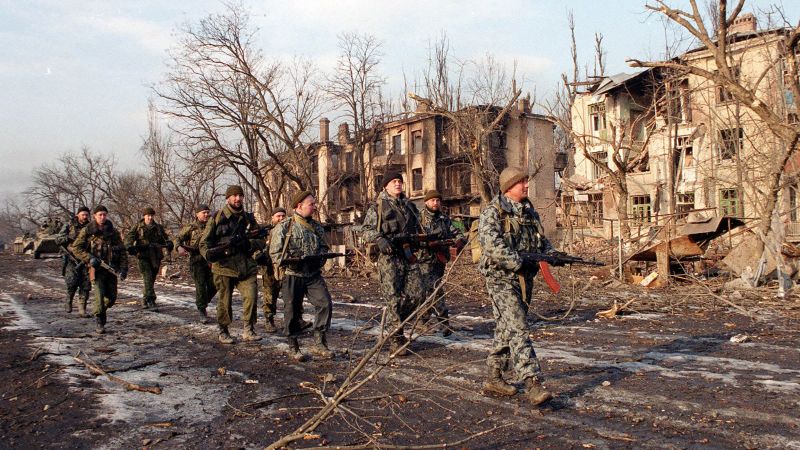
Opinion: Russia’s war on trial
CNN
Analysis: Drones, phones and satellite technology are exposing the truth about Russia’s war in Ukraine in near real-time
CNN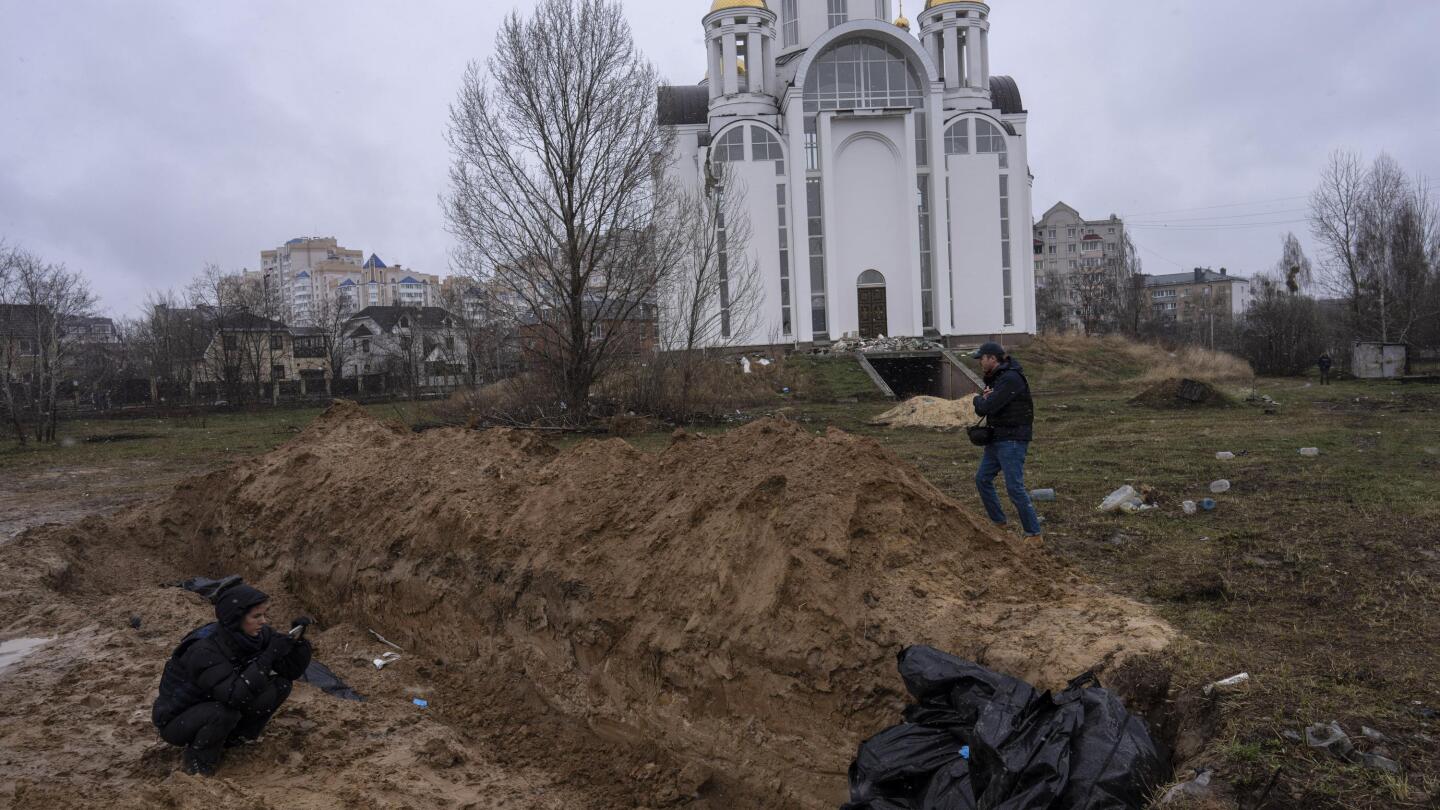
War Crimes Watch: Hard path to justice in Bucha atrocities
Associated PressAustralia labels Russian President Vladimir Putin a ‘war criminal’, pledging support to international investigation in Ukraine
ABCHow Vladimir Putin could be prosecuted for war crimes in Ukraine
ABC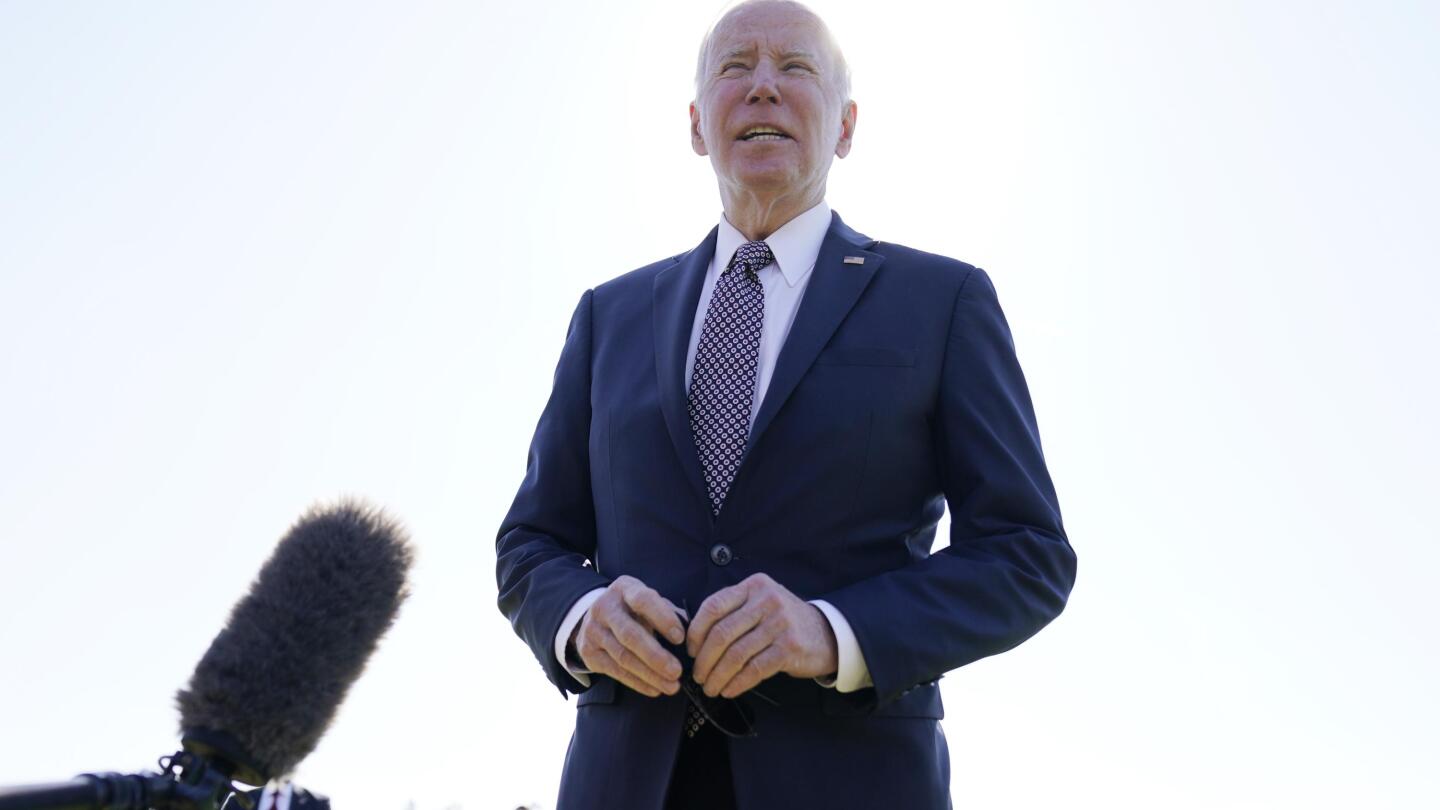
Biden: Putin should face war crimes trial for Bucha killings
Associated Press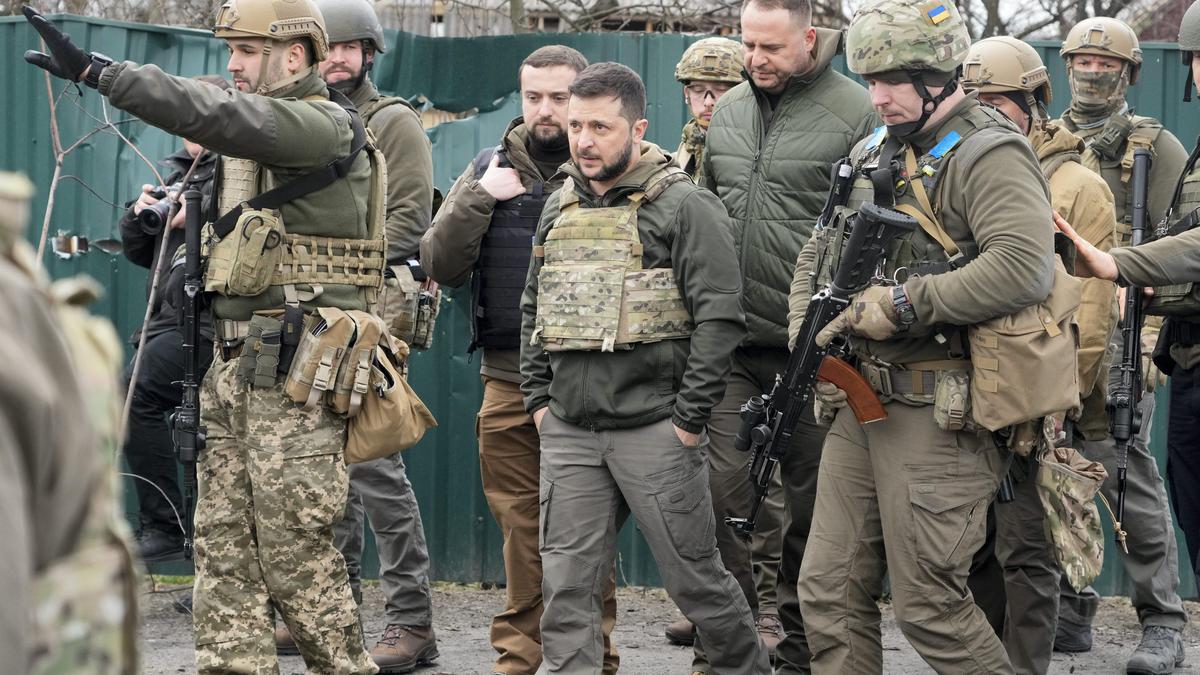
Putin should face war crimes trial: Biden
The HinduDiscover Related




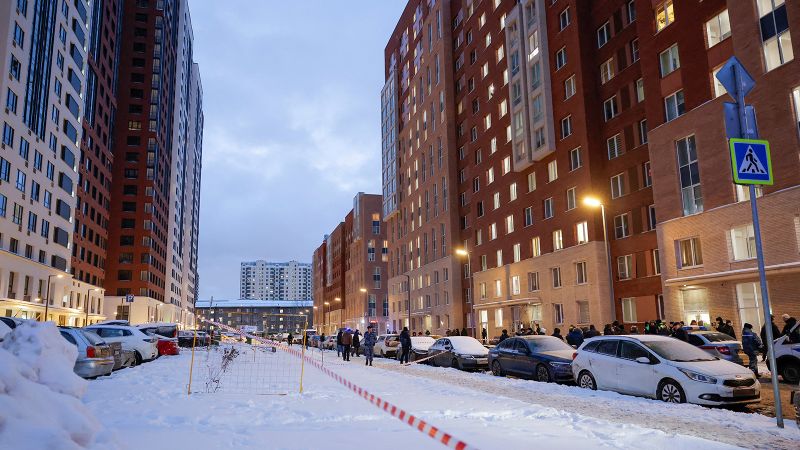



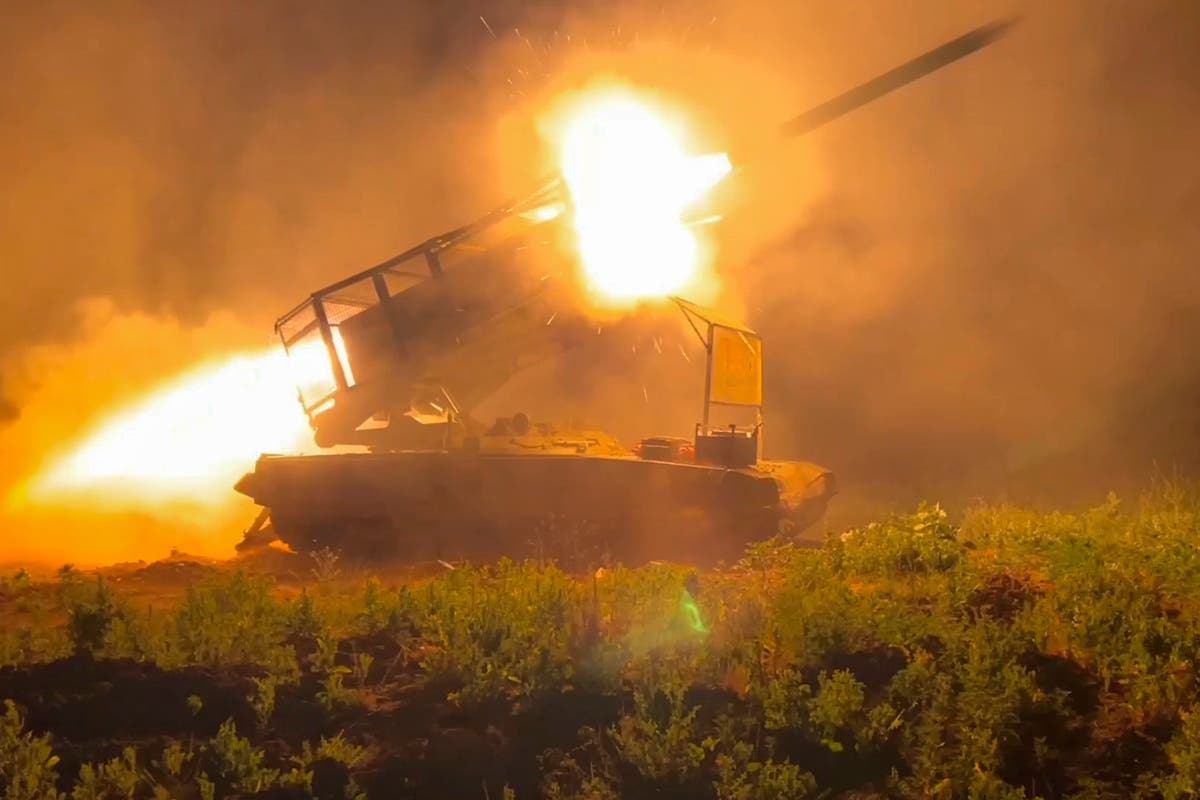



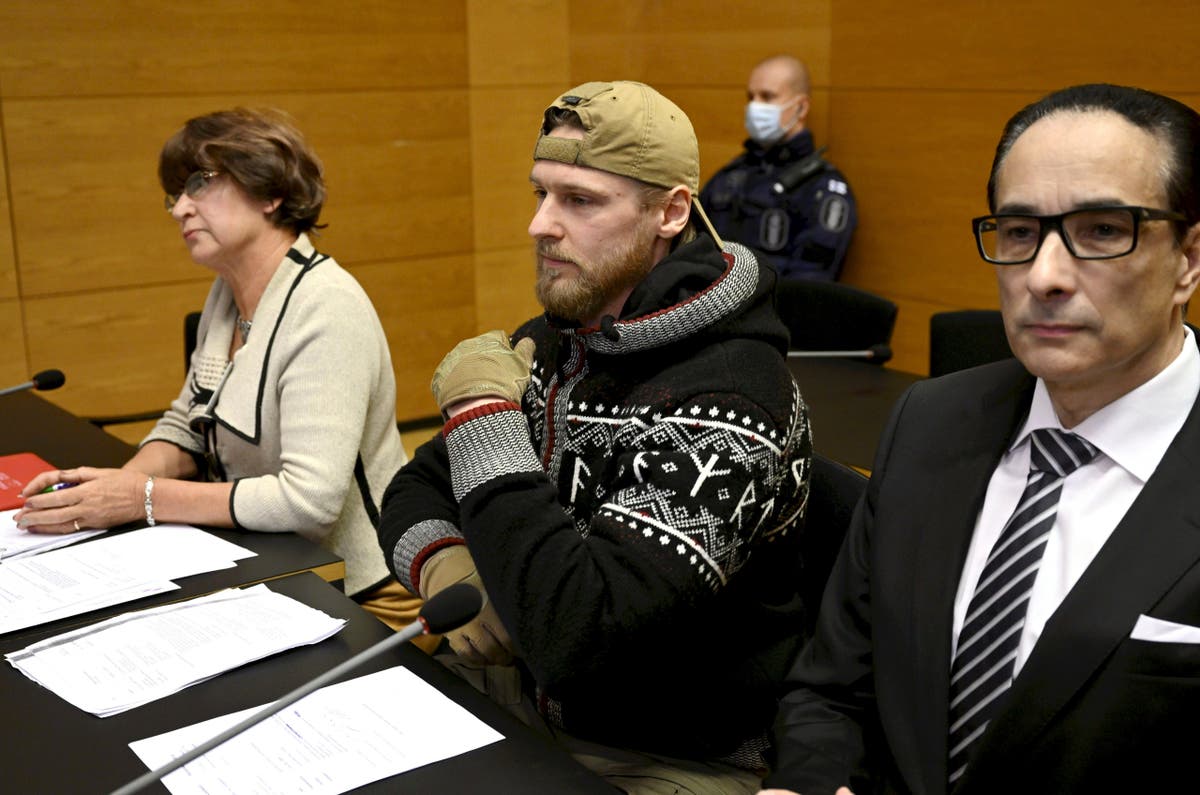



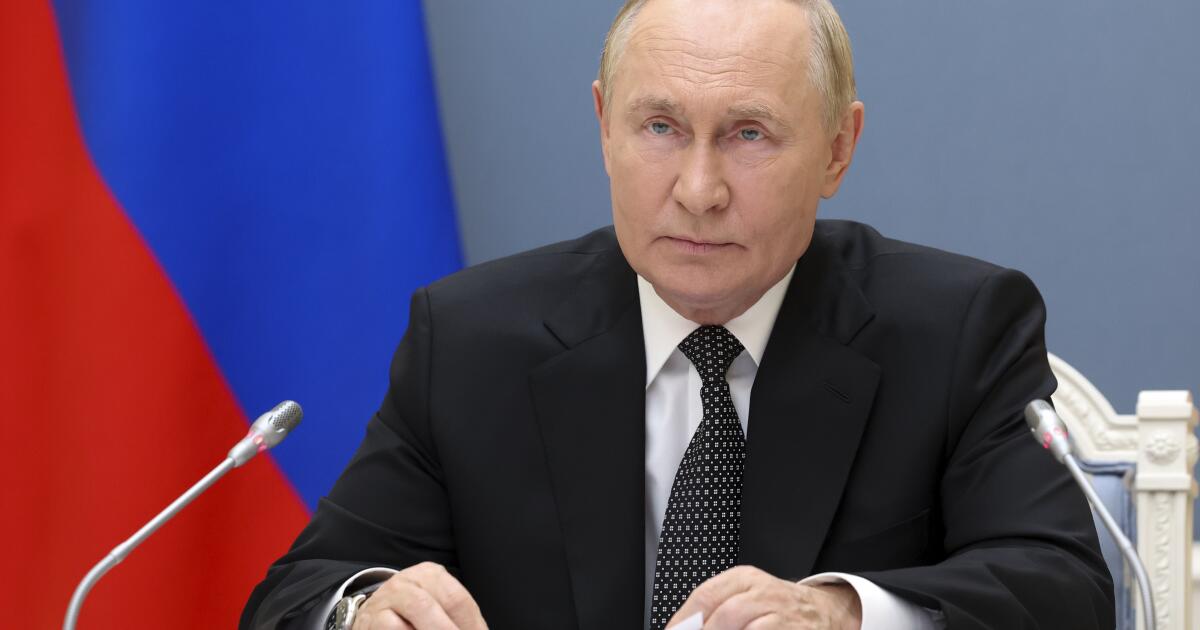
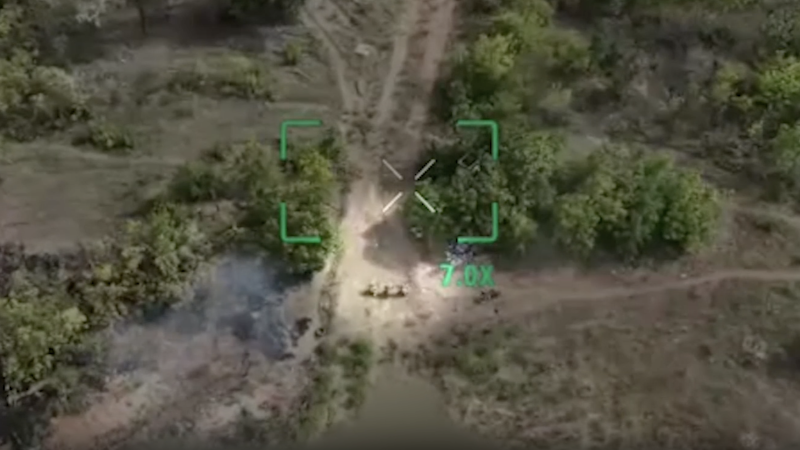
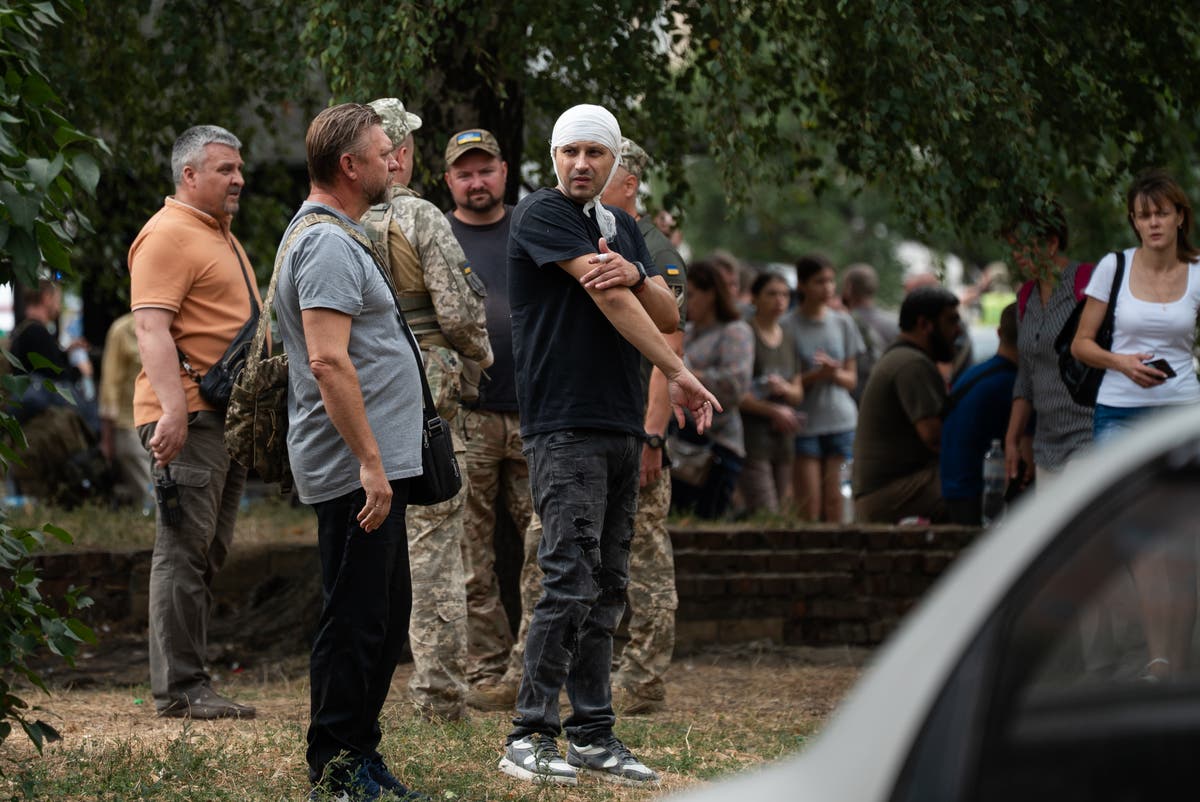
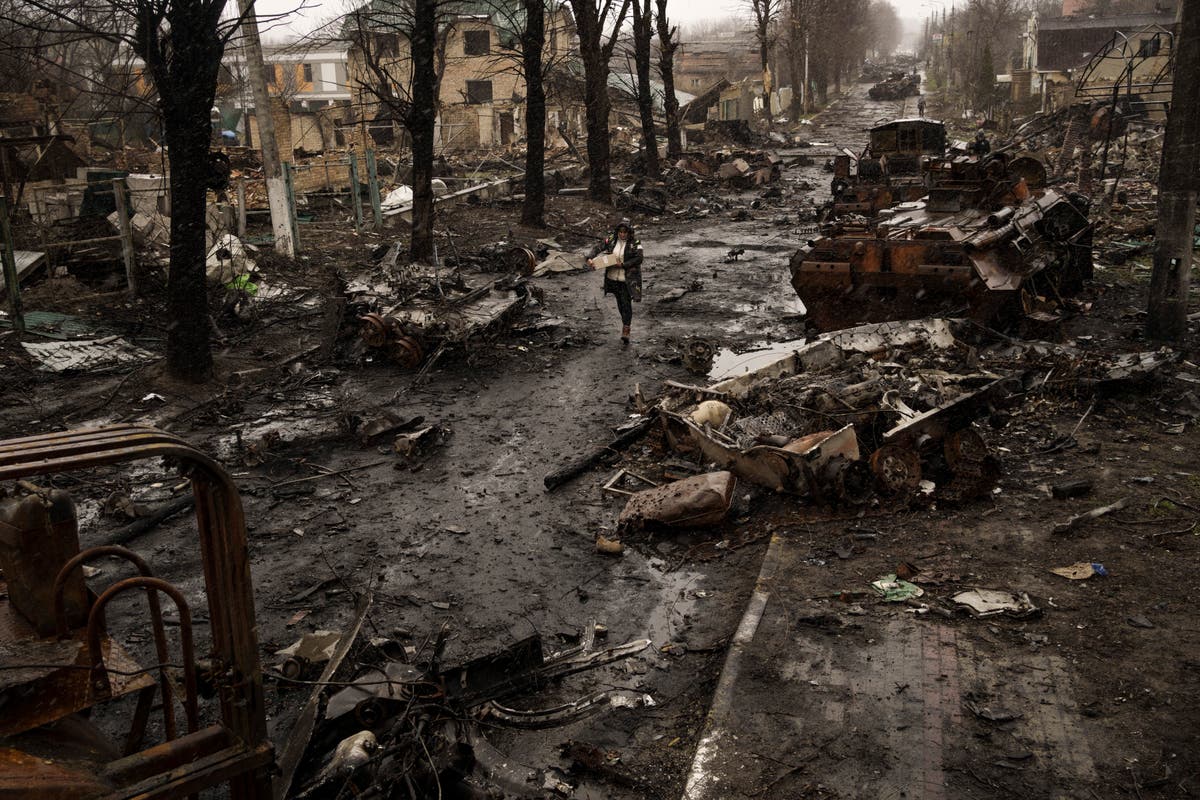

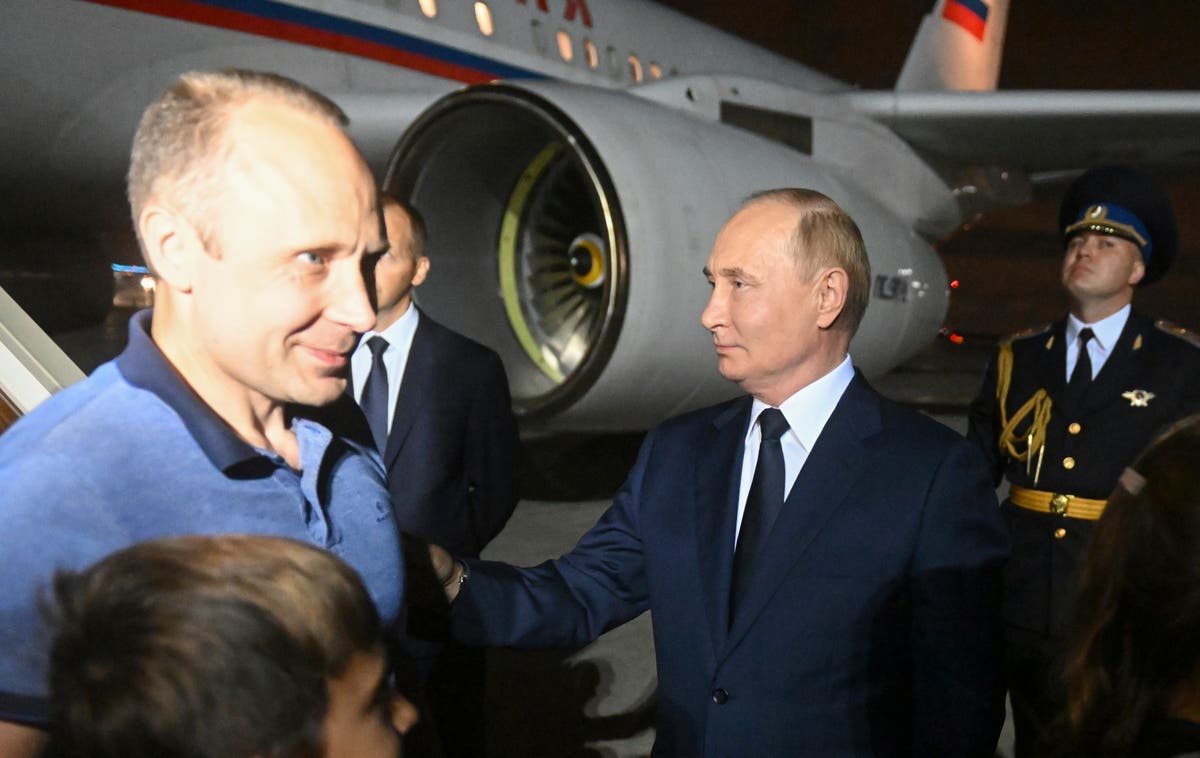



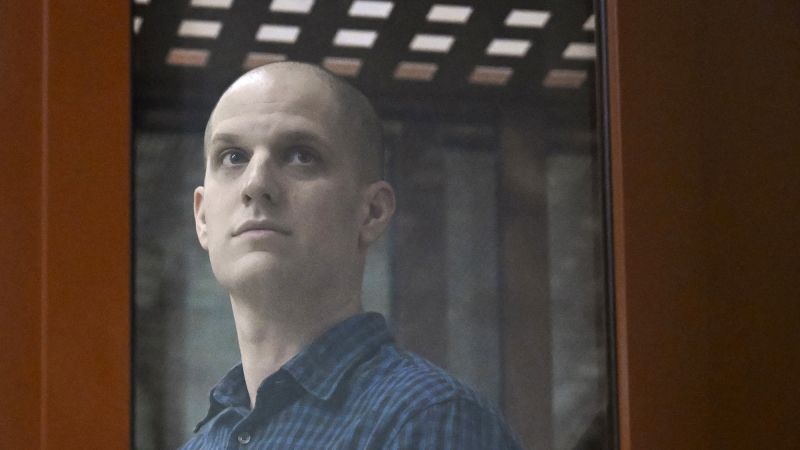

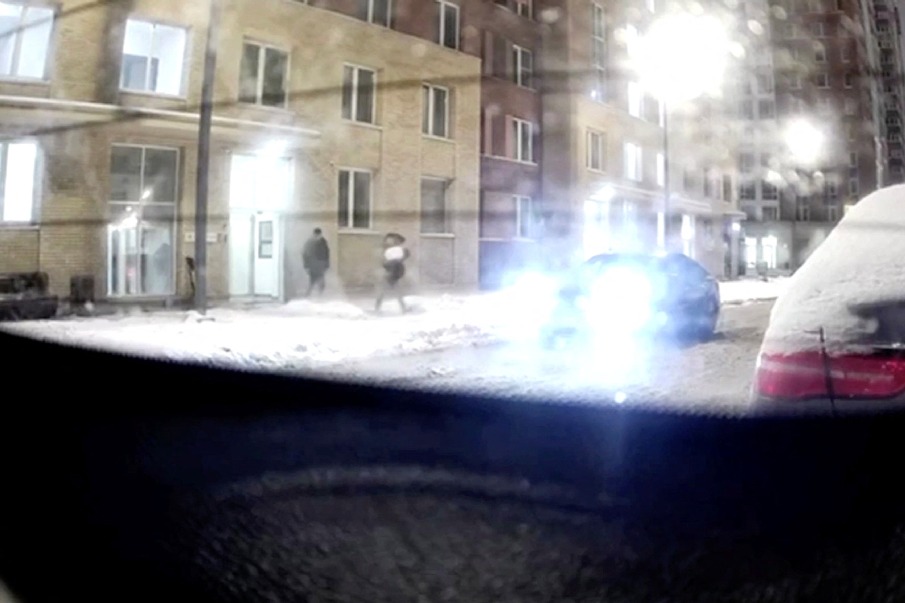
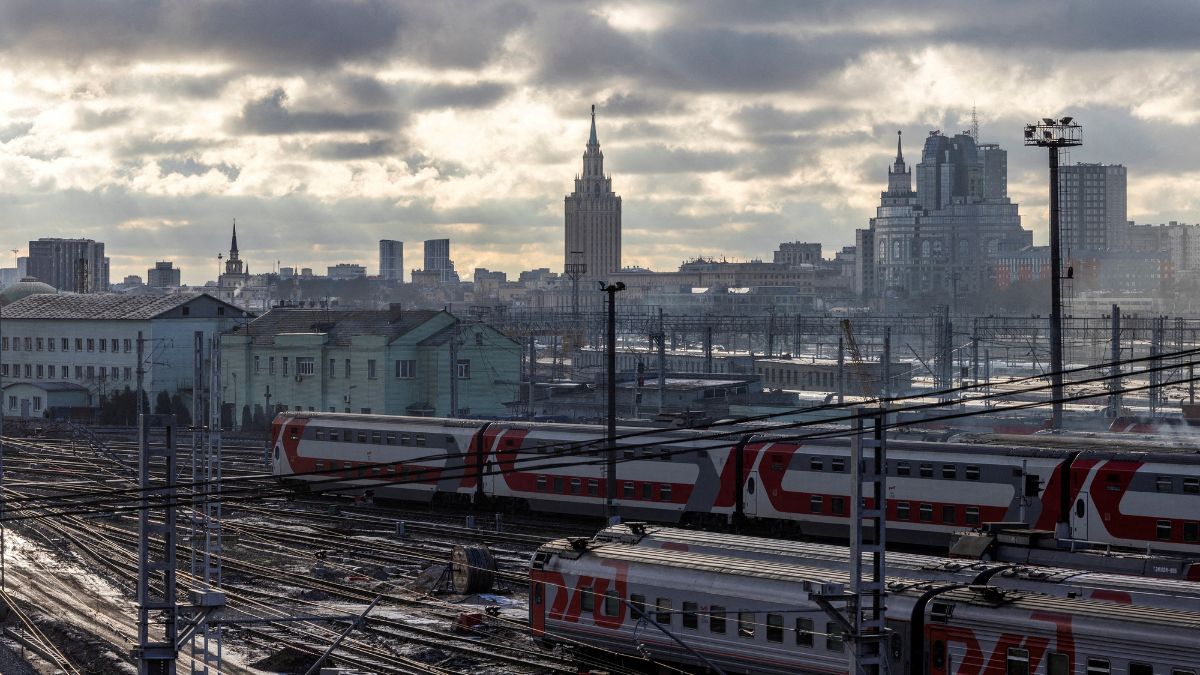)


